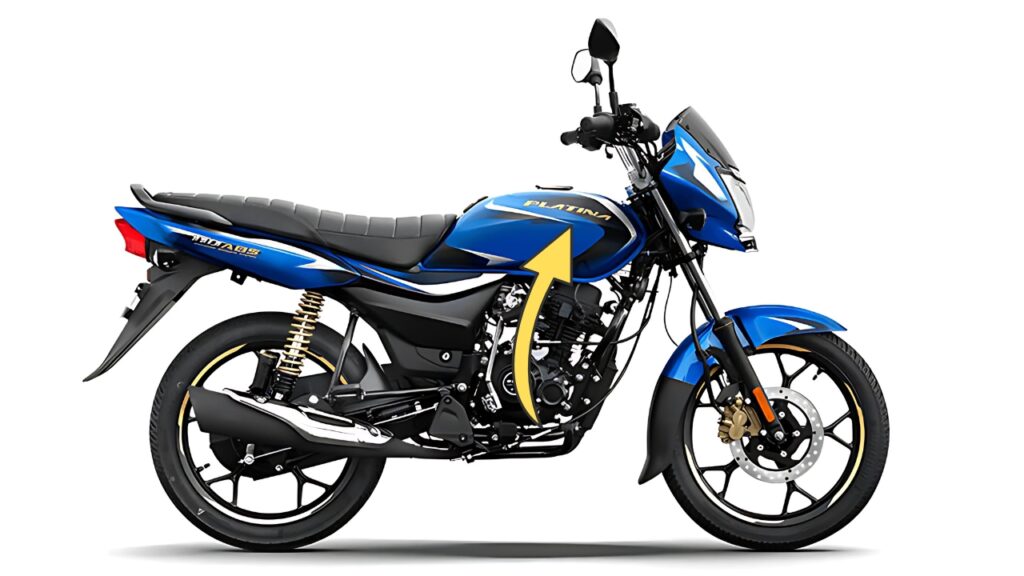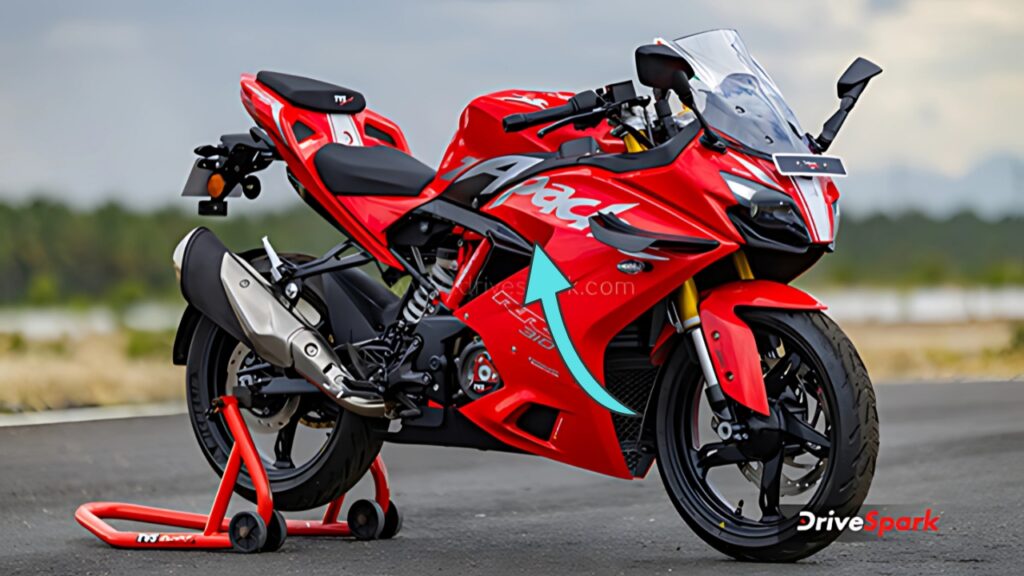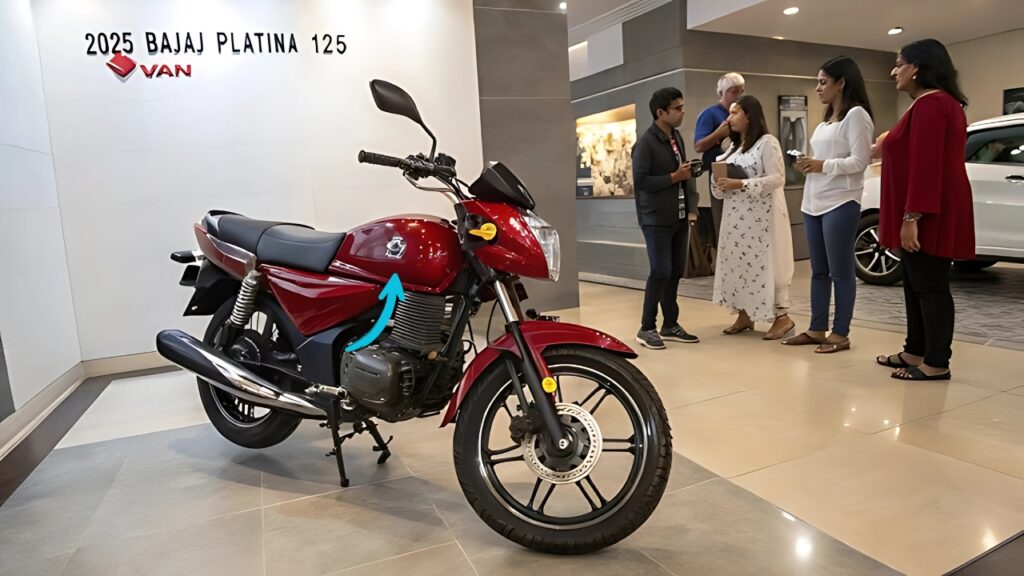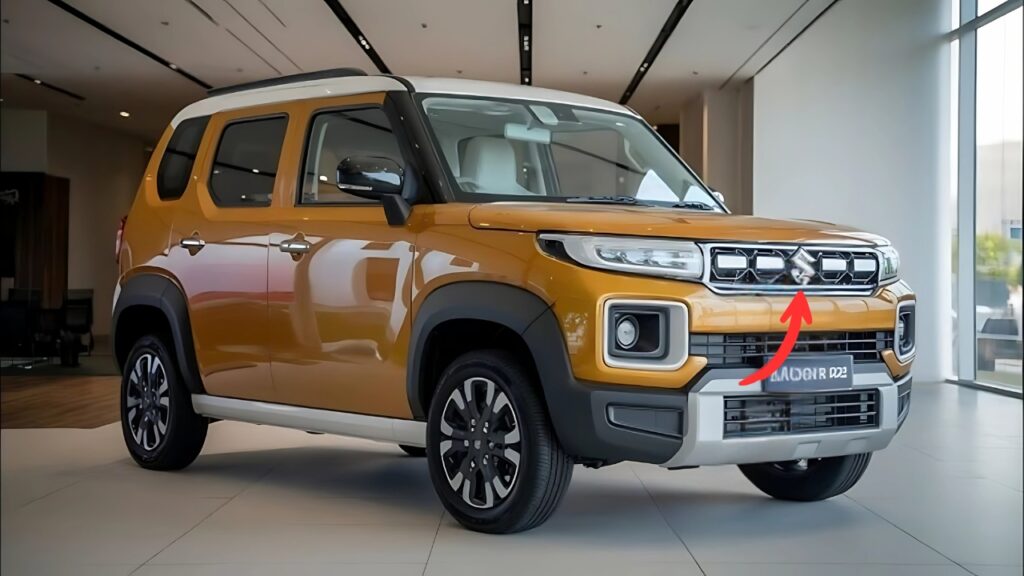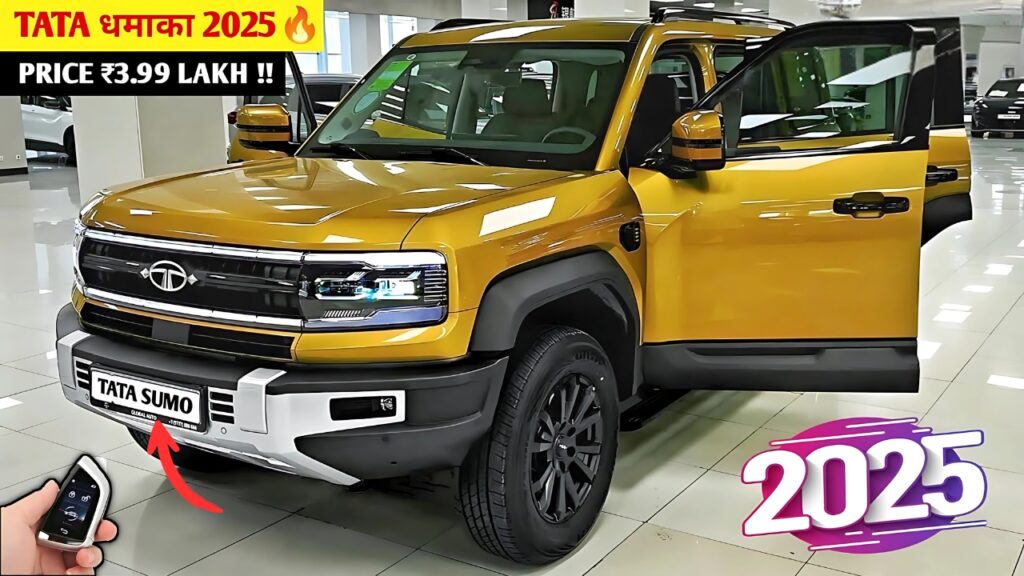Maruti Baleno: While India’s auto industry continues to be battleground for carmakers, only a handful of vehicles have been found resonating with the aspirations and day to day requirements of the masses, especially middle class as the Maruti Suzuki Baleno.
From the experimental offering for the very first time by Maruti in the form of a premium hatchback to the now established leader in the segment, sales numbers revealed what market men watching this segment since long had already anticipated – the Baleno has indeed become the aspirational choice for middle class households who want to keep it equally prestigious and practical.
Table of Contents
Maruti Baleno The Middle-Class Recipe That’s Perfect
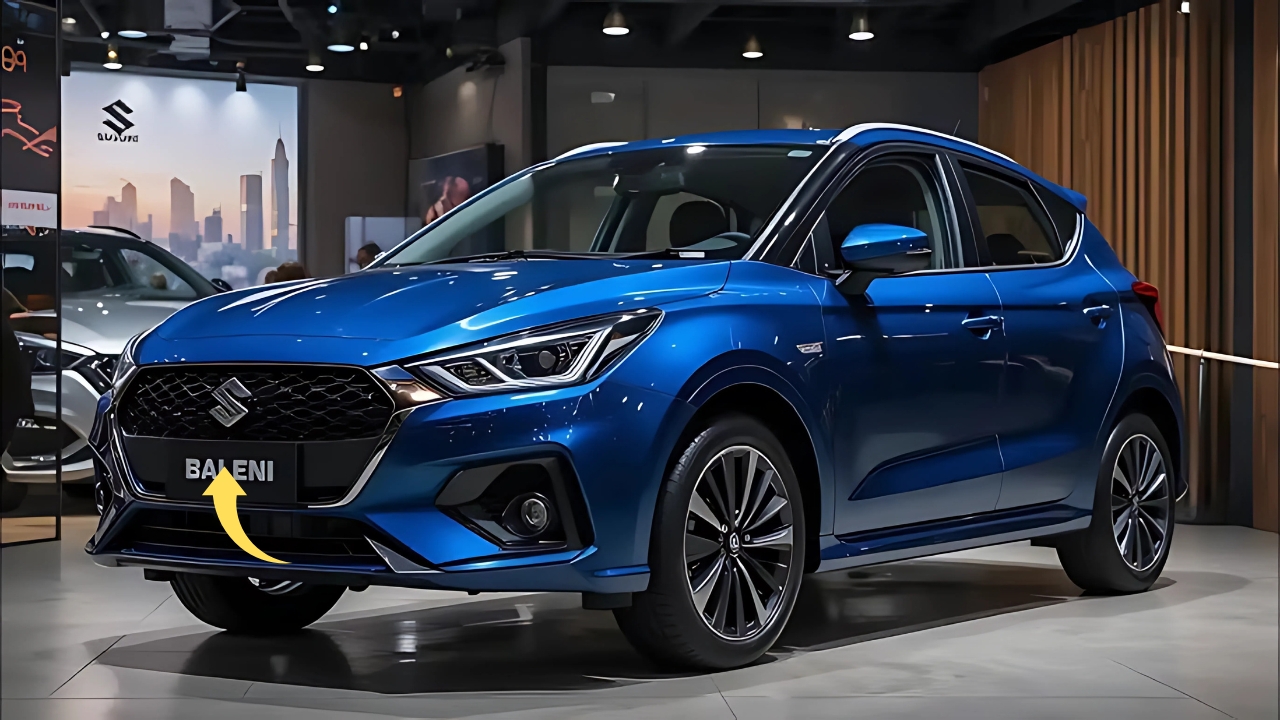
At one level, the Baleno’s expansive reach into middle-income families is evidence of the manufacturer’s intricate, if even somewhat paradoxical, understanding of this segment’s needs.
India’s middle class is not just a strata of income, but an attitude about thinking carefully with their wallets, status awareness and higher standards of quality and features – and that is where the Baleno has hit smartly.
“After comparing each and every hatchback and compact sedan there is in our market, we bought our Baleno,” says 42-year-old government employee from Pune, Rajesh Sharma.
“Well, what ultimately sold us was that it had the lux extras, such as LED headlamps and a touchscreen, that were so difficult for us to get in our budget range. It’s like you’re getting a car from a class above.”
This is a feeling that is reflected in owner testimonials across all geographies and indicates to the Baleno’s distinguishing success of democratizing premium features which used to be the preserve of higher segments.
The newest entry in the series is no different, carrying on that philosophy and adding features such as a 360-degree camera and a heads-up display, and impressing with its in-car tech without being too expensive.
The Evolution of Style: Understated Style
The design language of the Baleno underwent a sea change over its generations, and being a car for the middle class, it’s appearance became more and more appealing with each generation.
The new car here’s got sharper character lines, a stance that says “wider is better,” and touches that give it some more heft without reading as ostentatious.
This careful balancing act speaks to a deep understanding of culture – shirt-sleeve Indian consumers, who are fundamentally conservative, don’t want to look too obvious or be wasteful.
The Baleno fulfils right such middle ground, looking the part of a chic hatch but not trying to be boastful, giving “the impression looks better than a relative or a neighbour without looking in-the-face about it”, as owner Meenakshi Joshi from Bangalore puts it.
In colours ranging from the serious to the sedate – everything from serious silvers and whites to the more flamboyant reds and blues – the Baleno gives owners an option to either continue blending or… well, standing out – a testament to the Baleno’s versatility in catering to its diverse customer range within the middle class.
Clockwise, from top left: “Talking to Strangers,” by Malcolm Gladwell; Deskware diaries and notebooks; a Staples or MUJI pen; and the “Pok Pok” cookbook. ‘Practical Economics: Shopping Beyond Price’
For all of the Baleno’s aggressive sticker price (from ₹6.61 lakh to ₹9.88 lakh ex-showroom), it’s long-term attractiveness to price-sensitive middle-class buyers goes beyond the sticker price to the total cost of ownership – an area where Maruti’s rivals are yet to catch up.
The listed fuel economy numbers (of up to 22.35 km/l for petrol version and 30.61 km/l for the mild hybrid),” will mean big savings over the life of the vehicle.
This economic benefit is topped off with Maruti’s unmatched service network that spans across 4,000 plus touchpoints across the country – which will keep the maintenance cost predictable even for the business folk from Tier 2 and Tier 3 towns.
“We had a European hatchback before, and we enjoyed driving it, but each time it visited the service centre, it was like a financial disaster,” says Vikram Patel, a school teacher from Ahmedabad.
“With our Baleno, I know exactly how much money I will spend on servicing and I can find parts everywhere. That peace of mind is priceless for families that have to budget every expense.”
More crucially, the robust resale value of the Baleno – it remains one of the fastest depreciating cars in the industry, and typically commands 60-65% of the purchase price after five years – make for a persuasive total cost of ownership calculation that sings to middle-class dollar-saving, a cap and gown event perhaps, and an envelope with keys in it for your next step in life.
This resale muscle has advantages from the trusted Maruti badge and also the reputation of the Baleno of reliability, contributing to a cycle of market demand.
Technology: Innovation for Everyone
Maruti Baleno The middle class in India is likely to be a little different in its technology adoption, in the sense that certain features will get preference depending on perceived daily benefit and status.
The feature list in the Baleno has been pruned and chiseled in a manner to reinforce these priority areas with thoughtfully integrated technology features that don’t overwhelm with tech overload.
The 9-inch SmartPlay Pro+ infotainment with wireless Apple CarPlay and Android Auto takes care of connectivity with ease of use without having to be tech-savvy.
Additionally, the semi-digital instrument cluster offers up-to-date information without abandoning familiar analog looks for those drivers not yet comfortable with complete digital displays.
The new version will place special focus on the safety technology with six airbags, electronic stability program and hill hold assist as the rising middle class is increasingly concerned about family protection. These features are touted in marketing not as perks, but as vital protections, appealing to the middle-class value of securing family safety.
Some parents want to take long family road trips and need maximum vehicle space on the inside while saving on gas money.
The interior girth of the Baleno is a product of complete knowledge of Indian middle-class usage where you drive the extended family to social gatherings at frequent intervals and do daily commute too.
This also means easily weekly grocery shopping, or, once in a while, some family trip luggage in the back while completely comfortable rear seat room for adults, all simultaneously.
My parents keep coming from our (ancestral) village and with that, plus my father’s back issues, he needs good support and comfortable space,” said Sunita Desai, who works in software in Hyderabad. “Even on longer drives, their rear seat is genuinely comfortable, which was not the case for many of their competitors we test-drove.
This level of pragmatic spaciousness continues with smart storage solutions all over the cabin – from a wide variety of bottle holders through to a cooled glovebox plus specific shelving for items like smartphones and toll cards; small things but they all add up to real-world usability.
Maruti Baleno Beyond Conveyance: Cultural Effect
Be that as it may, the interesting part of the Baleno’s middle-class journey is that of moving beyond being a functional good to play the role of cultural capital of the progressive middle class.
The car is often pictured in wedding photos, plays a starring role in social media announcements of milestone achievements and serves as a cultural shorthand for a certain degree of middle-class success.
This cultural embedding comes from the Baleno’s acute resonance with petty bourgeois cultural form: it embodies discrete and rational economic choice, with a dose of authentic prestige, technology-fit and family-practicality.
The car neither overshoots nor underachieves – it falls well and truly in the aspirational sweet spot for families grappling with the fiddly matrix of social and economic life in middle-class India.
With the growing maturity – and prosperity levels – of India’s middle class, which is actively influencing the kind of cars that we buy, the unwavering demand for the Baleno shows how the ability to read the subtle aspirations of middle class remains one of the strongest equations in luring buyers in what continues to remain one of the most dynamic markets in the world for cars.




